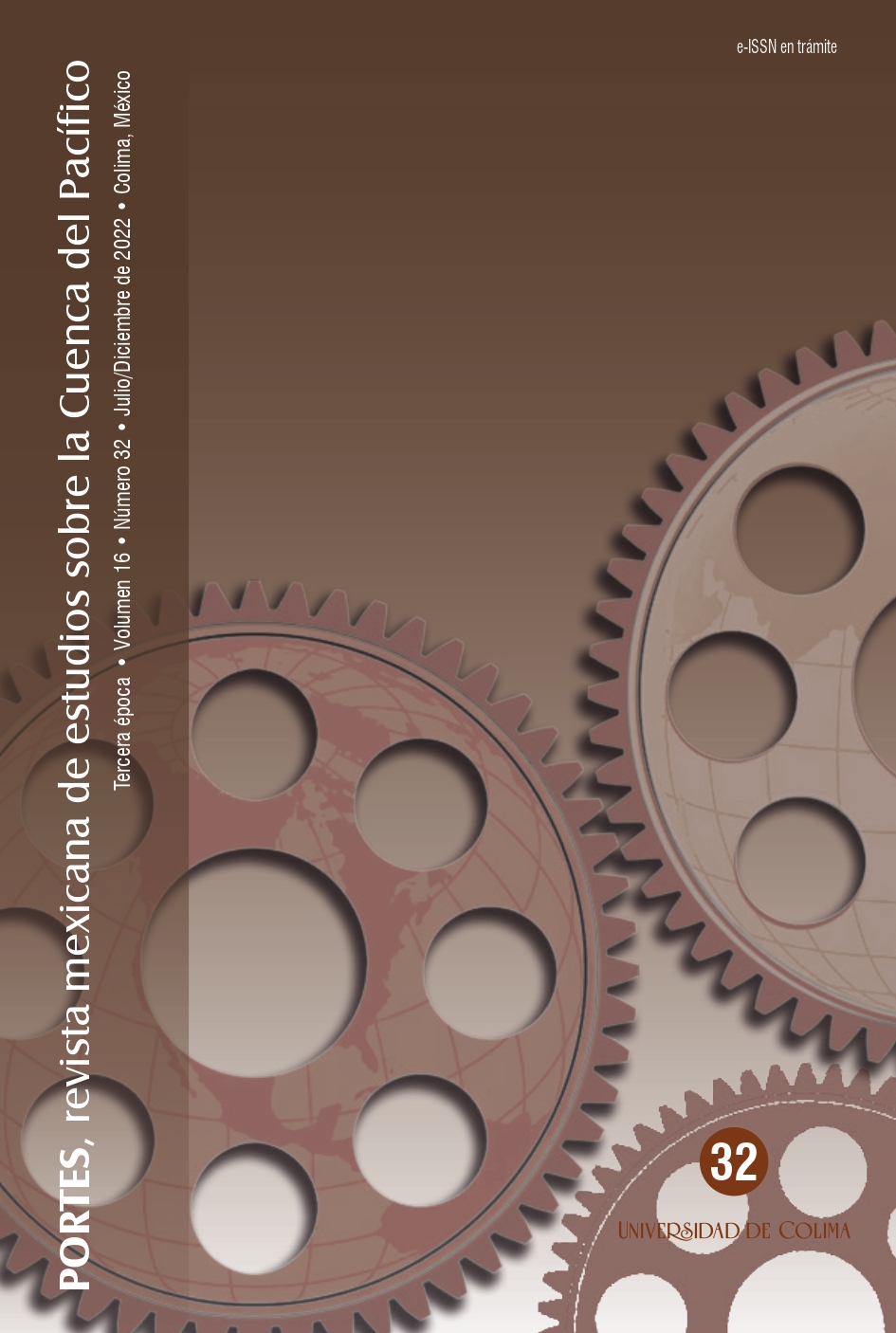The Korean Webtoon phenomenon and its global spread
Keywords:
webtoon, comics, Naver, Daum, transmediality, translationAbstract
The term webtoon comes from the composition of web and cartoon and it starts to be used in 2000. Based in some way on the popularity of paper comics in South Korea, Daum website launched a webtoon service in 2003 for the first time. This work analyses the peculiarities of the Korean webtoon, specifically its verticality, adapted especially to mobile phones, and its transmediality, which facilitates the adaptation of these comics to other formats such as movies, TV series, novels, games, animation, etcétera. A list of the numerous webtoon adaptations to various media is collected, as well as the more detailed explanation of one of the paradigmatic webtoon in Korea: Misaeng. Webtoon’s brief history in the domestic market and its vigorous expansion to the global market since 2013 (encircled within the popular Korean wave Hallyu) are explained. The strategies of the major webtoon companies (Naver, Daum, Kakao, and Lezhin) are brie? y shown. The near constant growth in all parameters studied shows the vitality of the webtoon industry already in the global market, also with numerous works available in Spanish language. By approaching webtoon´s authors and readers we aim to get a little closer to the phenomenon of webtoon and its success, especially among young people.
Downloads
References
Cho, H. (2016). The Webtoon: A New Form for Graphic Narrative. The Comics Journal.
Evans, E. (2011). Transmedia Television: Audiences, New Media and Daily Life. New Media & Society 2012, 14(2), 350-352.
Jeong, J. (2020). Webtoons Go Viral? The Globalization Processes of Korean Digital Comics. Korea Journal, 60,1: 71–99. The Academy of Korean Studies.
KOCCA, Korea Creative Content Agency (2019). Survey about webtoon writers (en coreano). KOCCA 19-51.
KOCCA, Korea Creative Content Agency (2021). Survey about webtoon business (en coreano). KOCCA 21-15.
Lee, J. (2021). S. Korea ‘’webtoon’’ ?rms leverage low-cost stories with potential huge upside. https://eresearch.fidelity.com/eresearch/evaluate/news/basicNewsStory.jhtml?symbols=AAPL&storyid=202112072001RTRSNEWSCOMBINED_L4N2SM4CK_1&sb=1 (consultado 20 de enero de 2022).
Yecies, B. y Shim, Ae-Gyung. (2021). Webtooniverse and Digital Comic Revolution. Media, Culture and Communication in Asia-Pacific Societies, Rowman & Littlefield.
Wikipedia (2021). Webtoon, Webtoon (publisher), Kakao Webtoon, Lezhin Comics, Misaeng. (consultadas en enero de 2022).
Downloads
Published
How to Cite
Issue
Section
License
Copyright (c) 2022 University of Colima

This work is licensed under a Creative Commons Attribution-NonCommercial-ShareAlike 4.0 International License.
La revista PORTES de la Universidad de Colima se distribuye bajo una Licencia Creative Commons Atribución-NoComercial-CompartirIgual 4.0 Internacional






